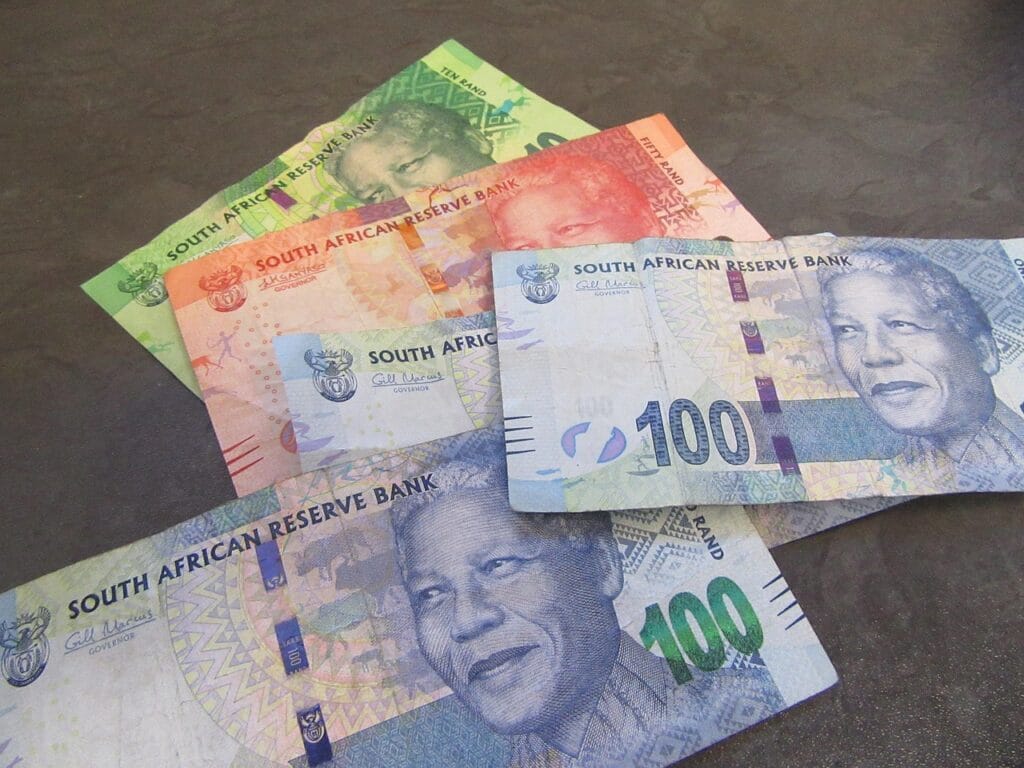
South Africa is currently navigating a complex landscape marked by internal political tensions within its Government of National Unity (GNU) and external pressures arising from new US tariffs. Discussions are underway regarding the future of the ANC’s power-sharing agreement with the DA due to disagreements on key policy decisions, while new trade barriers imposed by the US are creating significant economic challenges for South African exports. These factors contribute to an environment of economic and political uncertainty for the nation.
Here are the key takeaways:
- The power-sharing agreement within South Africa’s Government of National Unity (GNU) between the ANC and the DA is facing significant strain and potential collapse. Attitudes within the ANC have hardened against the DA, with some officials expressing strong dissatisfaction (“gatvol”). This is largely due to the DA’s Cabinet ministers voting against a major national decision (the second Budget), which the ANC views as a “fatal mistake” with consequences.
- A key point of contention is the DA’s opposition to government work and their perceived push for policy changes like the devolution of metro rail control and a rethink of BEE. Some in the ANC believe that if the DA does not support the Budget, their role in government is questionable.
- Business leaders have intervened, sending a letter to both the ANC and the DA urging them to “stay the course” and compromise, warning of dire economic consequences if the GNU collapses. They believe the GNU is crucial for economic growth and job creation, especially given challenges like strained relations with the US.
- However, the business leaders’ plea appears to have had a limited impact on the ANC’s stance. President Ramaphosa has stated that business does not dictate government decisions. Some ANC officials view the business letter with “discomfort,” suggesting it implies a lack of trust in the ANC’s ability to govern without the DA and that reforms would be abandoned.
- The ANC’s National Working Committee (NWC) is convening on Monday, April 7th, to decide the future of the GNU, with a meeting between the ANC and the DA expected afterward. The ANC is considering other options, with one MP mentioning the EFF’s willingness to support them in passing the Budget. The ANC secretary-general indicated that the GNU would not collapse if the DA leaves, stating that the DA has put itself in this position.
- Simultaneously, South Africa is facing new economic pressures from the United States due to recently imposed tariffs. The US has implemented a 30% tariff on South African goods, effective Wednesday, April 9th, alongside a global 10% import levy announced on April 2nd. These measures imperil the African Growth and Opportunity Act (Agoa), under which a significant portion of South African exports, worth $14.7 billion (R281 billion) in 2024, enter the US duty-free.
- A new trade agreement with the US is considered vital to mitigate the impact of these tariffs and the potential loss of Agoa benefits. Dr. Stavros Nicolaou of the South Africa BRICS Business Council emphasizes the interdependence of the US-South Africa trade relationship and the need to work towards a new trade deal or broader economic partnership. He suggests a data-driven negotiation strategy, leveraging South Africa’s trade surplus with the US.
- These US tariffs are part of a broader global trend initiated by President Trump, who has announced sweeping new tariffs on imports from most of the world and is not backing down despite negative reactions in global financial markets. This has created a new era of economic uncertainty.
- Foreign investors have been steadily withdrawing from South African equities for the past decade due to political uncertainty and economic stagnation. However, South African government bonds have seen net inflows recently due to attractive yields and increased investor confidence following the formation of the GNU.
- The potential collapse of the GNU could negatively impact investor confidence, despite the initial positive reaction to its formation regarding bond investments. Business leaders believe the end of the GNU could have “dire consequences for jobs and growth”.
- Globally, there are increasing fears of a US recession due to the imposed tariffs. Goldman Sachs has raised the odds of a US recession to 45% in the next 12 months, joining other investment banks with similar revised forecasts. This global economic uncertainty further complicates South Africa’s situation.
Contact Perspicacious Financial Solutions today to see how we can help mitigate exchange rate risk. Alternatively, browse our podcast page to listen to more news podcasts.
Sources:
- Money flooding out of South Africa – Daily Investor
- SA must broker new US trade deal amid tariff threat, BRICS Business Council leader says
- ANC’s fallout with DA escalates as Ramaphosa pushes back on business pressure
- Latest Trump Tariff News | Asian markets tumble as Trump’s tariffs roil global trade
- Goldman Sachs raises odds of US recession to 45%